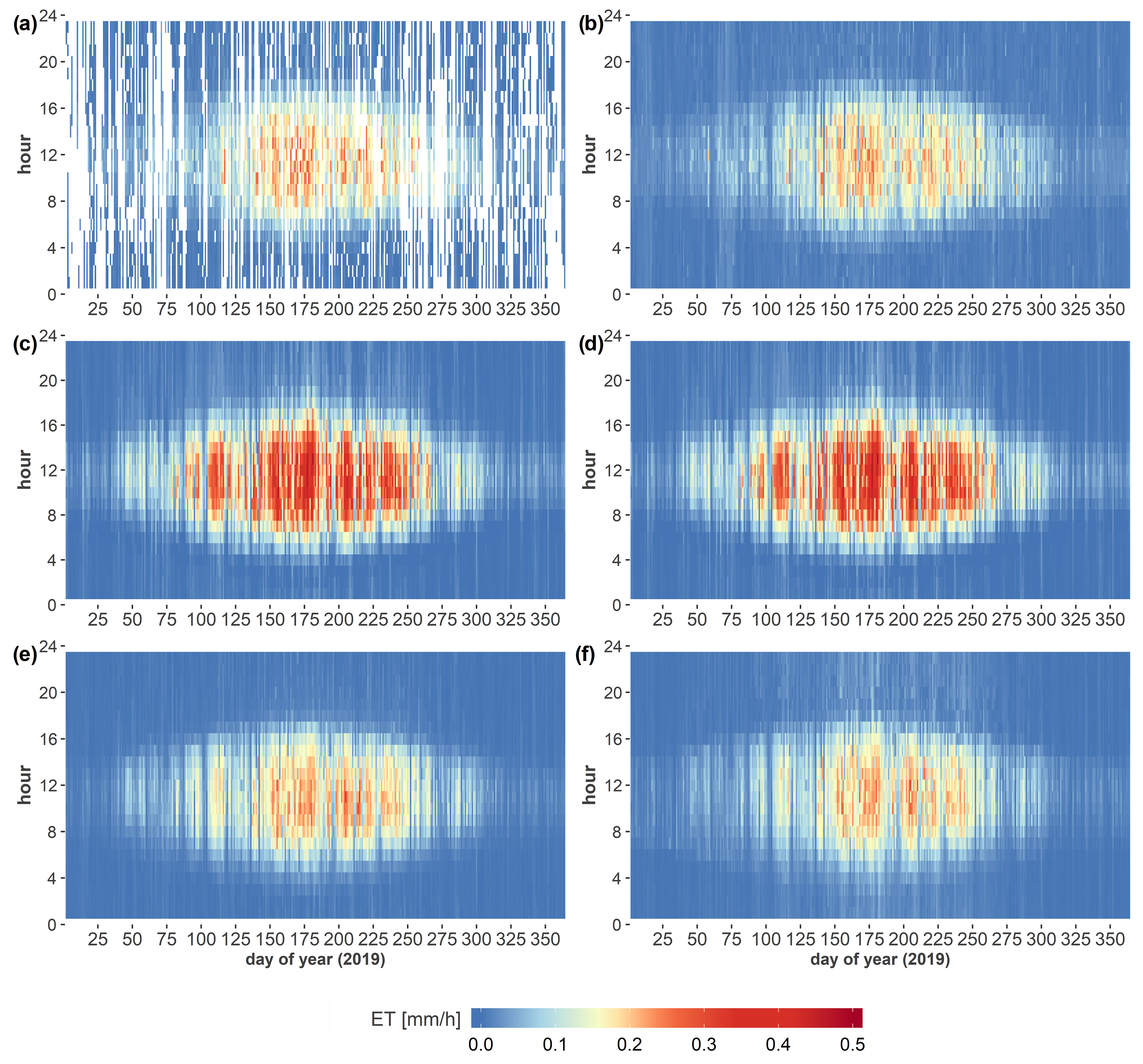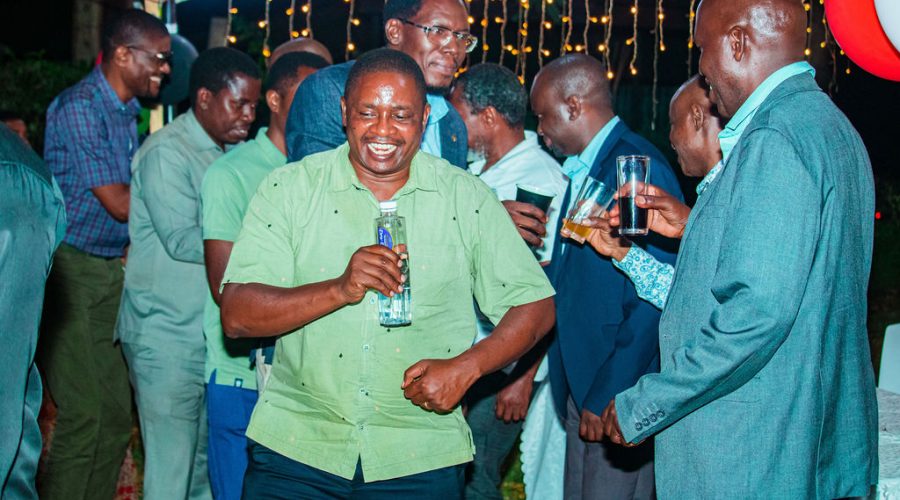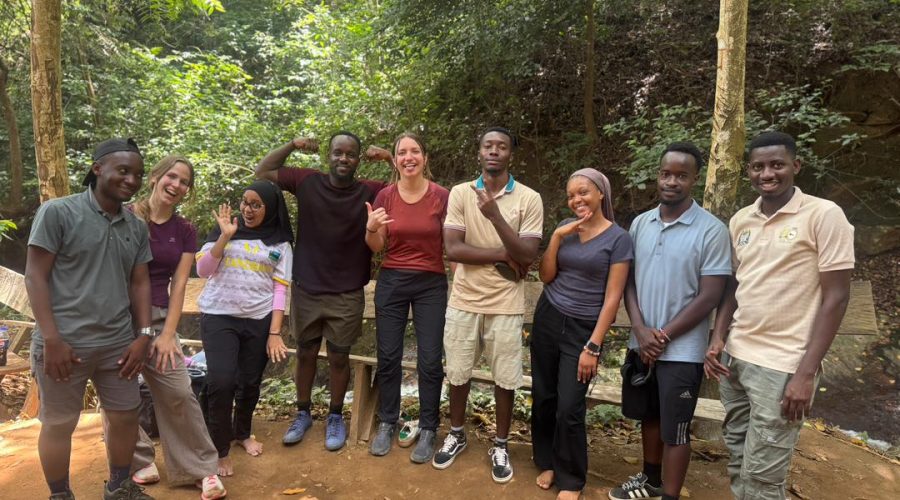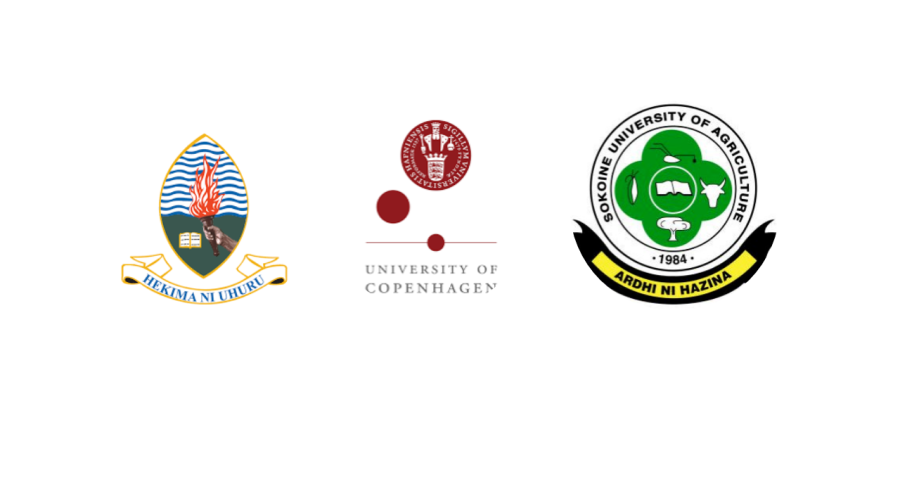PhD Candidate “High-tech sensing for turbulent and radiant heat exchange in urban environments”
Job description
The University of Twente wants to be an organisation that optimally deploys diversity, talents, and capabilities in the labour market for now and in the future. In the framework of our diversity and inclusiveness policy, we strongly stimulate people with a (work) disability to apply for this position.
The University of Twente is committed to providing a working environment where everyone is valued, respected, and supported to progress. Our priority is to ensure that no one is disadvantaged based on their ethnicity, gender, culture, disability, LGBTQ+ identities, family and caring responsibilities, age, or religion. We encourage everyone who shares these values to apply.
This position is part of the HERITAGE (HEat Robustness In relation To AGEing cities) project (https://www.4tu.nl/heritage/) which is a research programme aiming at the detection, reduction and prevention of heat stress occurring due to ageing of built environmental settings and buildings in Dutch cities, through socio-technical solutions. This programme is a 4TU initiative, connecting the four universities of technology in The Netherlands: Delft University of Technology, Eindhoven University of Technology, University of Twente and Wageningen University and Research.
Your challenge
Are you thrilled by solving physics problems that so far have been a tough nut to crack and at the same time charmed by contributing to societal issues? Then join our team to resolve turbulent and radiant heat exchanges in urban environments through high-tech sensing. You will be working on remote sensing-based observational modelling of atmospheric urban boundary layer dynamics by combining optical-thermal imagery with ground observations to unravel and resolve urban radiative and turbulent energy exchanges.
You will also be working on modelling of ambient temperature by coupling remotely sensed surface temperatures to atmospheric heat transport in an urban environment, through data assimilation, resistance networks, surface renewal techniques, Large Eddy Simulations, and by participating in experimental campaigns, including ground-based and airborne observations. You will present (both preliminary and mature) research results at appropriate meetings and conferences, publish results in scientific workshops, conference proceedings, and journals, contribute to teaching on topics related to your work, and supervise and mentor involved MSc students as needed.
Your profile
- An MSc in physics, meteorology, hydrology, physical geography, or related field
- A creative mindset and strong problem-solving and analytical skills
- Ability to do independent research and field data collection
- Experience with at least one of the fields of quantitative (satellite) earth observation analysis tools (e.g., optics and radiative transfer, time-series analysis, data assimilation, big data handling), and willingness to delve deeper into these topics
- Good programming skills. Experience with C, C++, Fortran or matching programming language.
- Good communication skills
- Proficiency in written and spoken English
- A good team spirit
Our offer
- An inspiring multidisciplinary, international and academic environment. The university offers a dynamic ecosystem with enthusiastic colleagues in which internationalization is an important part of the strategic agenda
- Full-time position for 4 years
- A professional and personal development programme within Twente Graduate School
- Gross monthly salary of € 2,770.- in the first year that increases to € 3,539.- in the fourth year
- A holiday allowance of 8% of the gross annual salary and a year-end bonus of 8.3%
- Excellent support for research and facilities for professional and personal development
- A solid pension scheme
- A total of 41 holiday days per year in case of full-time employment
- Excellent working conditions, an exciting scientific environment, and a green and lively campus.
Information and application
Additional information regarding the position can be obtained from Dr Ir Wim Timmermans (e-mail: w.j.timmermans@utwente.nl). You are also invited to visit our homepage.
Please submit your application before 1 February 2024 including:
- A motivation letter (maximum 2 A4 pages) clearly stating your specific research interest, qualifications and motivation to apply for this position
- A detailed CV with (at least two) references, including:
- a link to an example copy of technical writing produced by you (a journal publication or thesis), if applicable and
- a link to the codes/programs that you have written, if applicable
- An academic transcript of BSc and MSc education, including grades and a short description of your MSc thesis
Applications that do not include all three will not be considered.
About the department
Our mission is to build communities of water professionals, scientists and engineers with skills to contribute to a sustainable and resilient living environment using Earth Observations and Modelling of Water and Climate.
The world desperately needs people with these skills. Water-related challenges are everywhere. Some are caused by climate change, others by urbanization, infrastructure, land cover change, mining, discharge of polluted effluents, and sea level rise. They affect food security, biodiversity and health. Good water management starts with insight into the problem and access to accurate, (near-)real-time information. This requires a scientific data infrastructure and research capacity. We engage with social actors including policymakers, entrepreneurs and citizens to co-create sustainable and innovative solutions for the monitoring and management of freshwater and marine resources using Earth Observation. We focus on physical, chemical and biological processes on land and in aquatic systems, river basins, soils and plants. To study these, we develop, use and teach quantitative use of Earth observation and physically based models, and unravel linkages between water and food, energy, health and ecosystem security and sustainability.




